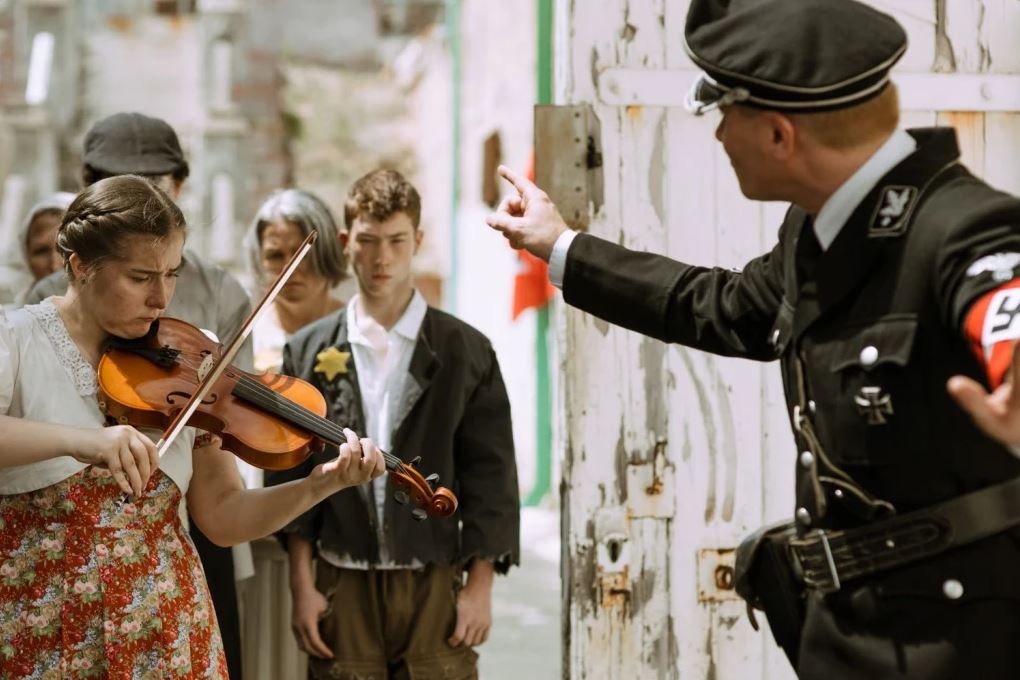Anyone seeking to film a modern-day Romper Stomper in Victoria would first need to convince authorities it was not designed to incite hatred under the terms of a proposed ban on the Nazi flag recommended by a parliamentary inquiry this month.
Other states are reportedly considering following Victoria’s lead on the ban, which comes in response to the rise of far-right hate groups inspired by the Nazis’ genocide of more than 6 million Jews during World War II.
While Geoffrey Wright’s 1992 film – which included images of the Nazi flag – was widely perceived as a critique of racist attitudes, there were some who firmly believed it was itself racist and might inspire copycat behaviour. Critic David Stratton was so disturbed by the movie he famously refused to rate it on SBS’ The Movie Show.
“It’s all about the intent,” says Labor MP Christine Couzens, one of seven members of the multiparty committee that recommended the ban as part of a broader bid to beef up the state’s anti-vilification laws. “Clearly there will be situations like filmmaking where there needs to be some consideration about intent and what it means. Someone might make a film that attempts to incite hate.”
But judging intention can be notoriously difficult. Where might such a ban leave the likes of Aron Attiwell, a 20-year-old filmmaker in Perth who has just wrapped shooting on his self-financed short film Fading Numbers?
Read the article by Karl Quinn in The Age.

